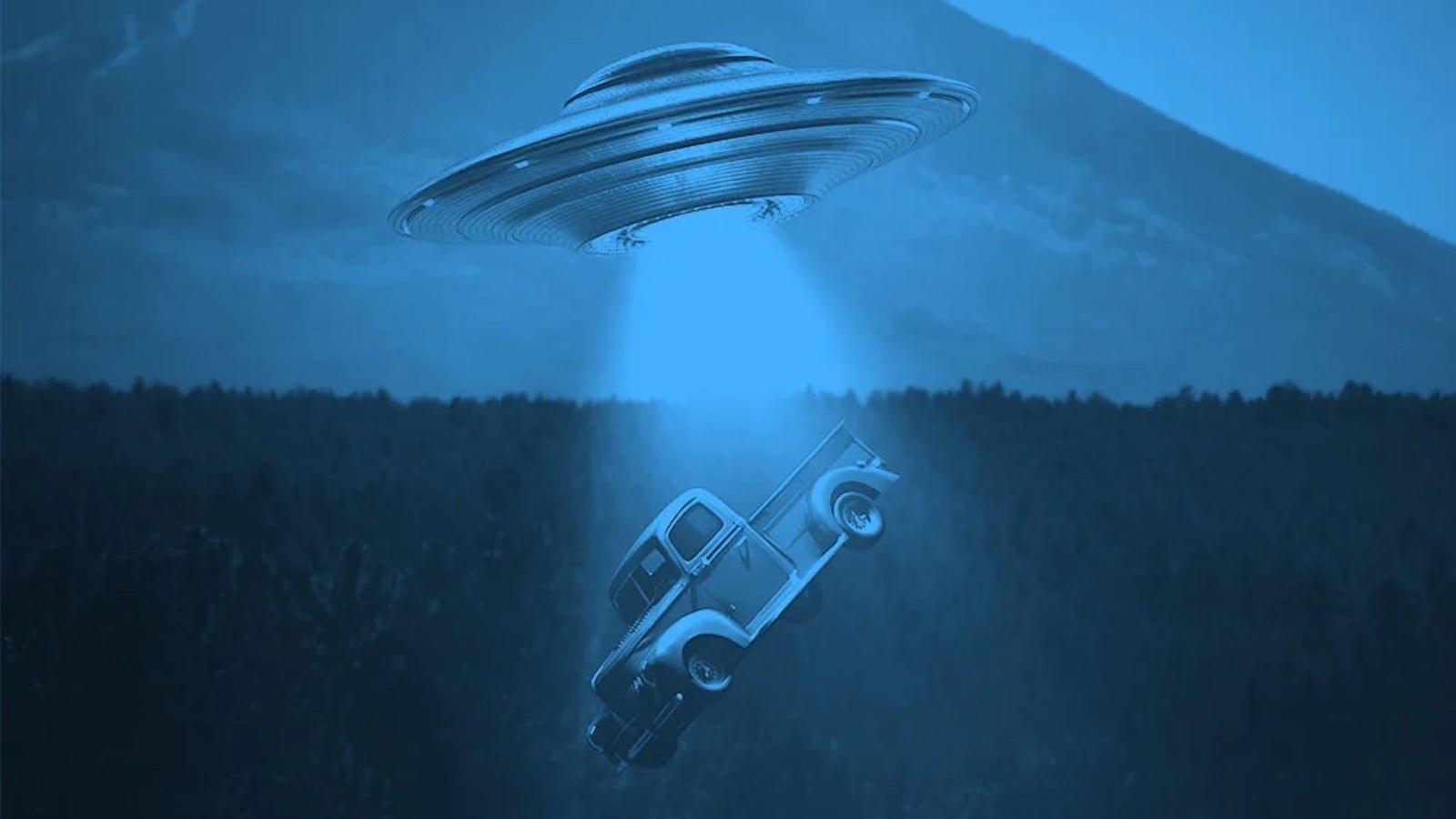
3 Reasons Why Science Fiction is Film’s Greatest Genre
Science fiction — it is the genre of future societies, alien invasions, and robotic technologies.
Of the many dozens of genres and subgenres in film, science fiction has always been my favourite, ever since I was a boy. To me, science fiction has to be the most imaginative genre, particularly in the highly visual medium of film.
Here are 3 reasons, and there are plenty more, for not only why I love the science fiction genre but why I feel that it’s film’s best genre.
1) Science fiction has created societies and political systems as a reflection of us, for better or for worse
Often times in science fiction, filmmakers are keen to use the future in order to examine issues that we’re going through today. Science-fiction filmmakers create idealistic, peaceful societies, or dystopian, tyrannical states as a way to help us deal with our problems right now. This is usually done by creating governments and/or corporations that have either stopped or accelerated environmental problems, economic issues or other social issues. For example, the science-fiction movie Snowpiercer asserted that when trying to combat global warming, both government and corporate efforts ended up accelerating it, causing peril to humanity as well as planet Earth.
This would be different from the idealistic future of Star Trek, where humanity gets together, puts aside their differences, and ends up stopping world poverty, hunger, disease, famine and war. These are just two examples of science-fiction filmmaking that took two polarizing views of Earth’s future. While both examples may never happen (for better or for worse), they’re considered equal reflections into the future. And yes, I’m aware that Star Trek began on TV, but Star Trek also has 13 feature films that touch on social issues just like the original TV series did back in the 1960’s. More on that later.
2) Science fiction has inspired current technology
From Star Trek’s communicator inspiring the first cell phones, to Minority Report inspiring gesture-based user interfaces, to Total Recall inspiring driverless cars, we have seen many examples of future technologies in past science-fiction films come to life. Even Star Wars, a mostly fantasy science-fiction saga, has inspired some of today’s most innovative technological advancements, from real life battle droids, to Hologramsm and even a 3D chess board that was inspired by the one on the Millennium Falcon.
If that wasn’t enough, please check the article from the Smithsonian Institute entitled “Ten Inventions Inspired by Science Fiction.”
The first one on the list I find to be one of the most fascinating and I’ll give it to you. It was the submarine, inspired by the film adaptation of Twenty Leagues Under the Sea, which was written by sci-fi pioneer Jules Verne. Considering that there’s no shortage of science-fiction films being made around the world, I personally cannot wait to see what’s next.
3) Science fiction can talk about the present without ever being in the present
Related to my first reason, science-fiction films do not just create societies, governments, political system and political situations as a way to reflect on today’s societal problems but they can do and have done so much than that.
Science-fiction films have spoken about racism, genocide, slavery, colonialism, public health issues, HIV/AIDS, the aforementioned climate change, tyranny, and the effects of war when every single one of those issues were considered taboo or impolite to talk about — or even when open discussion could land a person in prison. One of the beauties about science-fiction cinema is that it gives an outlet for filmmakers to talk about sensitive subjects in a way that’s indirect and yet can cause thought-provoking discussion.
This has also led to many science-fiction films to be banned all over the world, which is something that was common in the past yet still practiced today. A famous example is the German science-fiction classics M and Metropolis, which were banned in Nazi Germany because director Fritz Lang’s mother was Jewish. The Soviet Union was also infamous for banning material critical of communism. However, a few Eastern European filmmakers were able to sneak through films that indirectly critiqued communism due to the wonderful subjectivity of film.
Overall, science fiction is not only my favourite film genre, but it’s the most subversive, most creative, and the most imaginative one due to the endless possibilities the genre brings. Oppressed filmmakers have indirectly criticized oppressive governments using science-fiction films, which have also given us new and wonderful technological advancements; and science fiction helps humanity reflect on our current societal problems. For all those reasons and dozens more, I consider science fiction the greatest film genre of all time.
Many apologies to thrillers and mysteries.
Free the People publishes opinion-based articles from contributing writers. The opinions and ideas expressed do not always reflect the opinions and ideas that Free the People endorses. We believe in free speech, and in providing a platform for open dialogue. Feel free to leave a comment.



